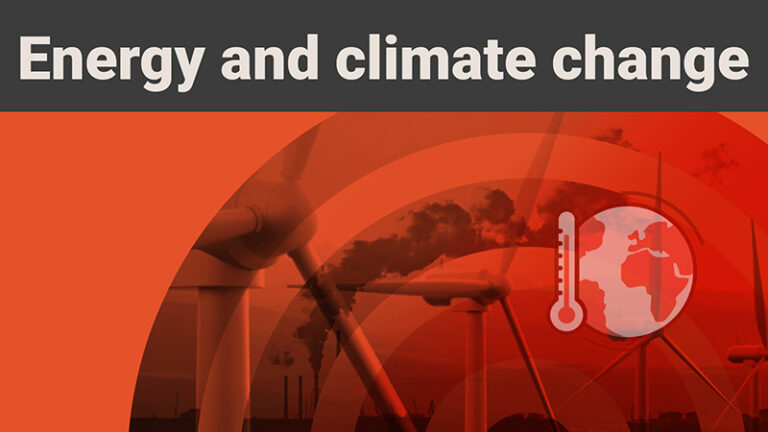Energy and climate change – CEP election analysis 2024

This briefing, produced with the Centre for Economic Performance (CEP), highlights that rapid growth in renewables means more than 40% of the UK’s electricity is now generated this way. The briefing goes on to explain that reaching net zero by 2050 will require a massive uptake of electric vehicles, heat pumps and efficiency upgrades in homes alongside an even faster rapid scale-up of clean power.
Key messages
- The need to make progress in delivering UK and international targets for net zero emissions of greenhouse gases is as urgent as ever. Last year was the warmest on record.
- The UK has been an international leader on climate policy. It was the first country to adopt a legally binding long-term emissions reduction target under the Climate Change Act of 2008. Eleven years later, it became the first advanced economy to adopt a legally binding target to reach net zero emissions by 2050.
- The UK has made significant progress in reducing emissions largely due to savings in electricity supply. But the next stage of decarbonisation is more challenging and requires investment and change across the entire economy. The UK’s policy framework is not strong enough to deliver on its legal climate commitments.
- Aside from the need for the UK to meet its commitments, and the case for playing a leadership role internationally, rapid action on net zero makes economic sense. Delaying climate action is likely to imply higher costs and missed opportunities.
- Net zero investment will build resilience to future energy crises, allow innovative firms to serve growing markets for green products and services, and generate broader wellbeing benefits, such as cleaner air in UK cities.
- Net zero, and the drive to capture green growth opportunities by supporting clean technologies and sectors, have enjoyed strong cross-party consensus.
- In manifestos and other policy statements, both main parties emphasise their commitment to the UK’s net zero target by 2050. Labour has more ambitious near-term plans to drive the transition, including decarbonising power by 2030 (compared to the current government’s plan for 2035) and not issuing new licences for oil and gas exploration (which the Conservatives plan to continue supporting).
- Overall, a difference in narrative has emerged in recent months. The Conservatives are now emphasising the costs of the transition for households rather than its opportunities. Labour more explicitly links its net zero and growth objectives via the Green Prosperity Plan.

